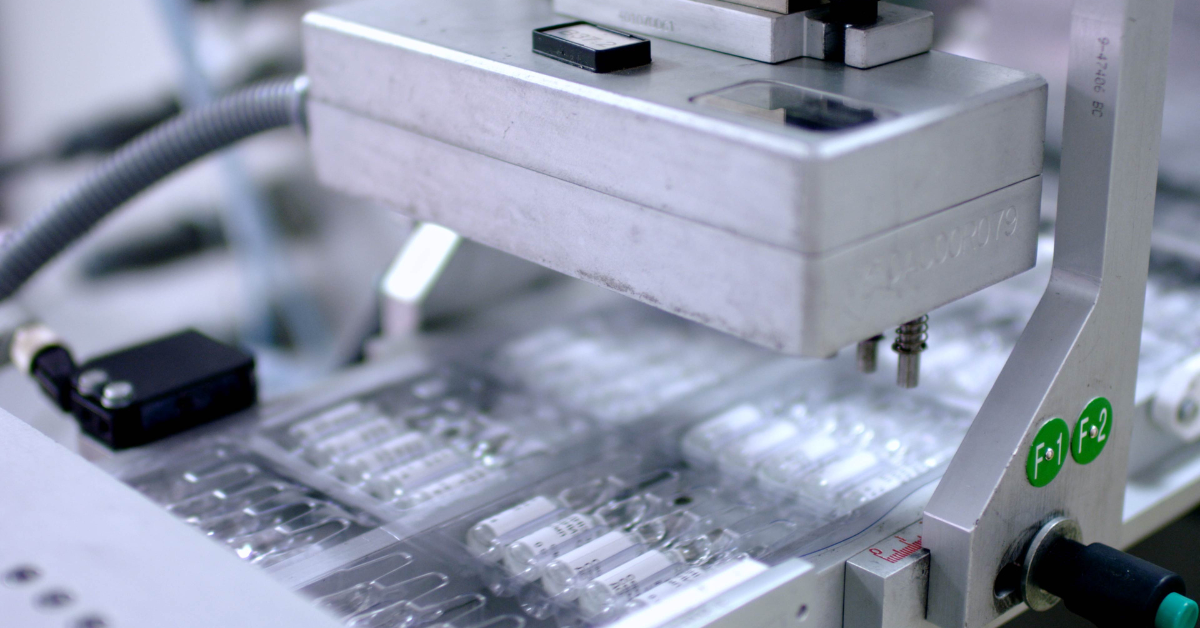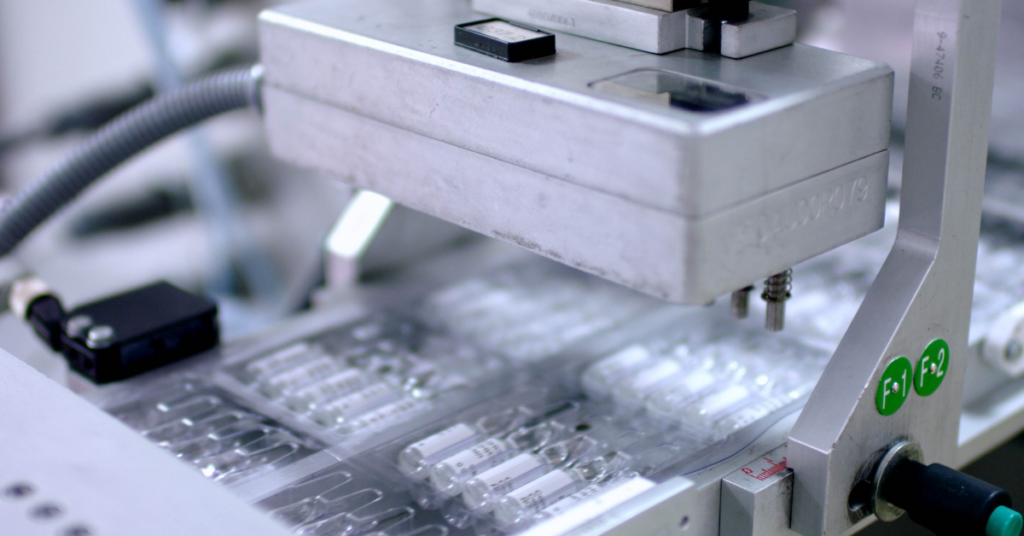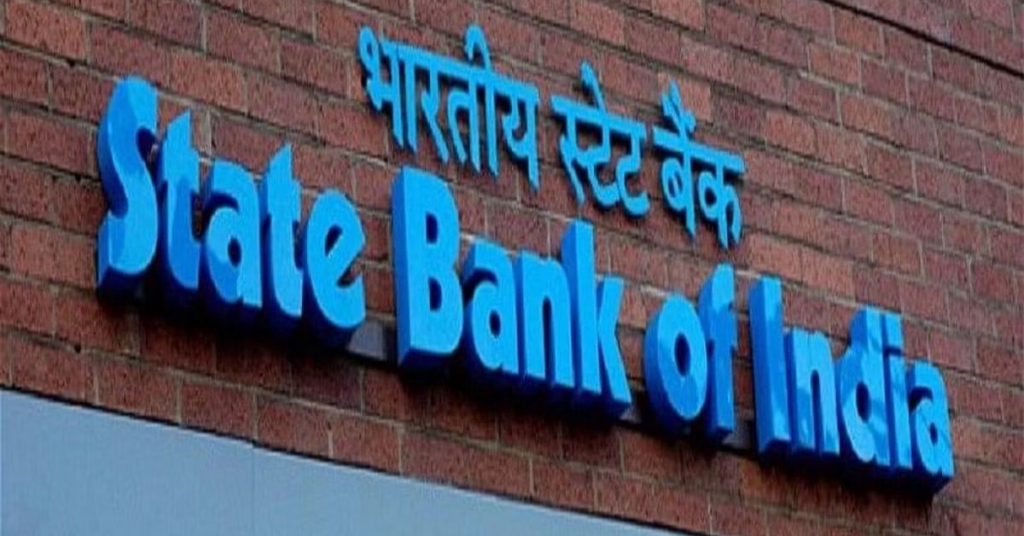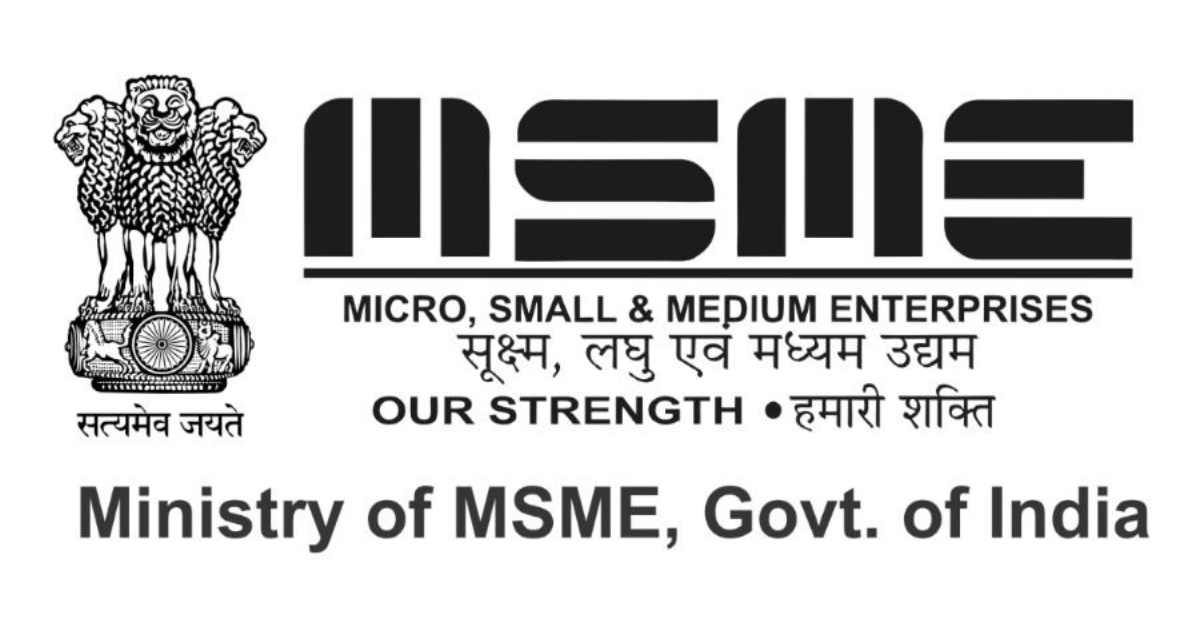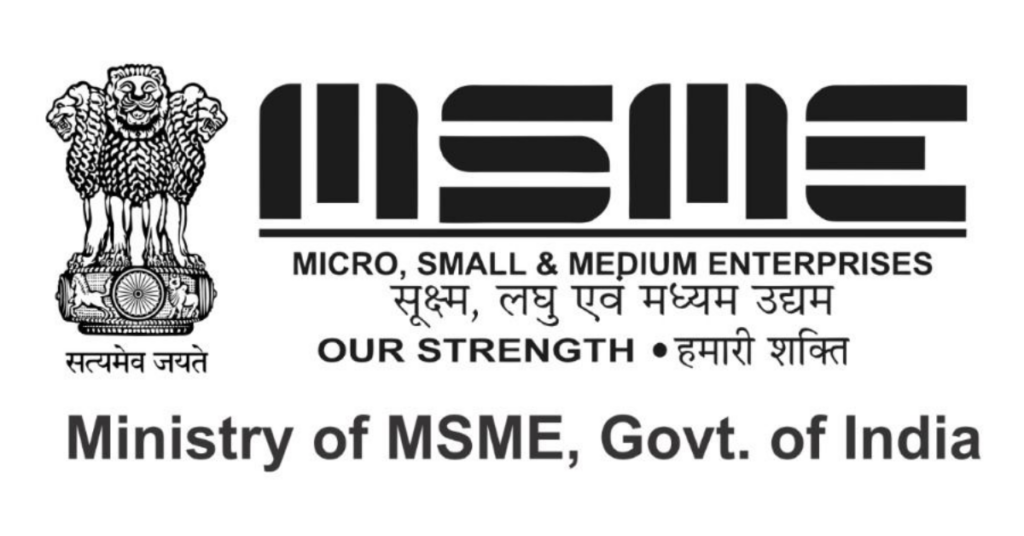
Government Needs to Review Unfavorable FTAs: CII Chairman
NEW DELHI: The government should reassess free trade agreements (FTAs) with countries like South Korea and ASEAN members that have not been advantageous for India in terms of market access, stated Sanjiv Puri, Chairman of the Confederation of Indian Industries (CII). However, he noted that trade agreements with the UK, EU, UAE, and Australia have been beneficial for the Indian economy.
The Global Trade Research Initiative (GTRI) in Delhi reported that India’s merchandise trade deficit surged by 302.9% with ASEAN countries and by 164.1% with South Korea. This comparison was made using data from the pre-FTA period (2007-09) and the period between 2020-22. India had established trade agreements with these countries in 2010-11. During these periods, India experienced a higher growth rate in imports compared to exports when trading with these nations.
Puri also highlighted the potential for the production-linked incentive (PLI) scheme in sectors like textiles and toys, citing its success in new-age and traditional sectors.
“PLI schemes have been effective in new-age sectors and traditional sectors like food processing. Given their success, we can extend them to labor-intensive sectors and link them to the employment index,” he added.
Addressing concerns about slow growth in the manufacturing sector, Puri remarked, “Recent policy interventions have strengthened financial sector balance sheets, improved corporate balance sheets, rationalized corporate income tax, and introduced PLI schemes and FTAs. These measures have positively impacted manufacturing, and we are moving in the right direction.”
He emphasized the need to build on this momentum through continued reforms in factors like cost, land, labor, and improving ease of doing business to make the ‘Make in India’ initiative more competitive.
Puri also expressed optimism about a revival in rural consumption, given favorable monsoon predictions.







